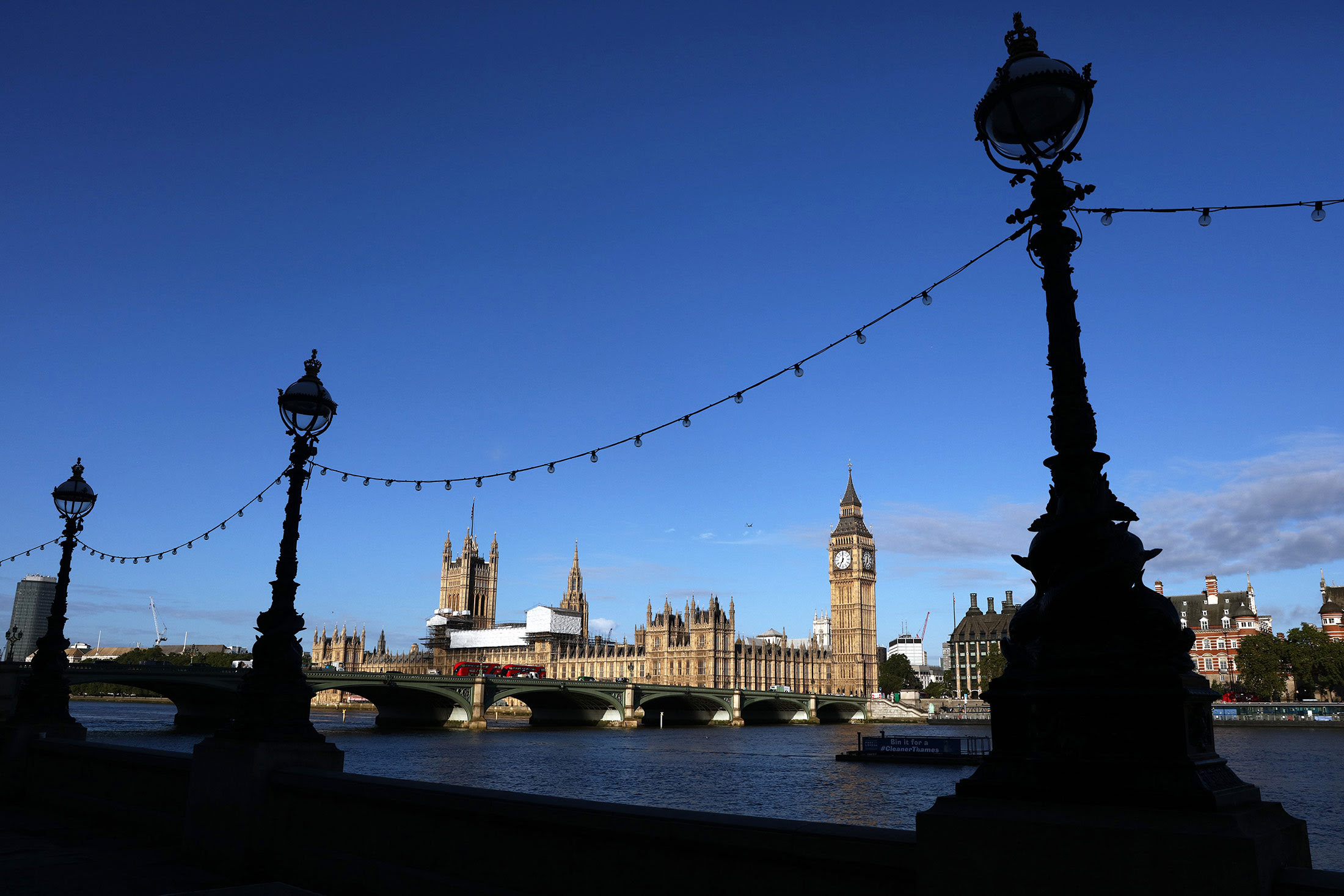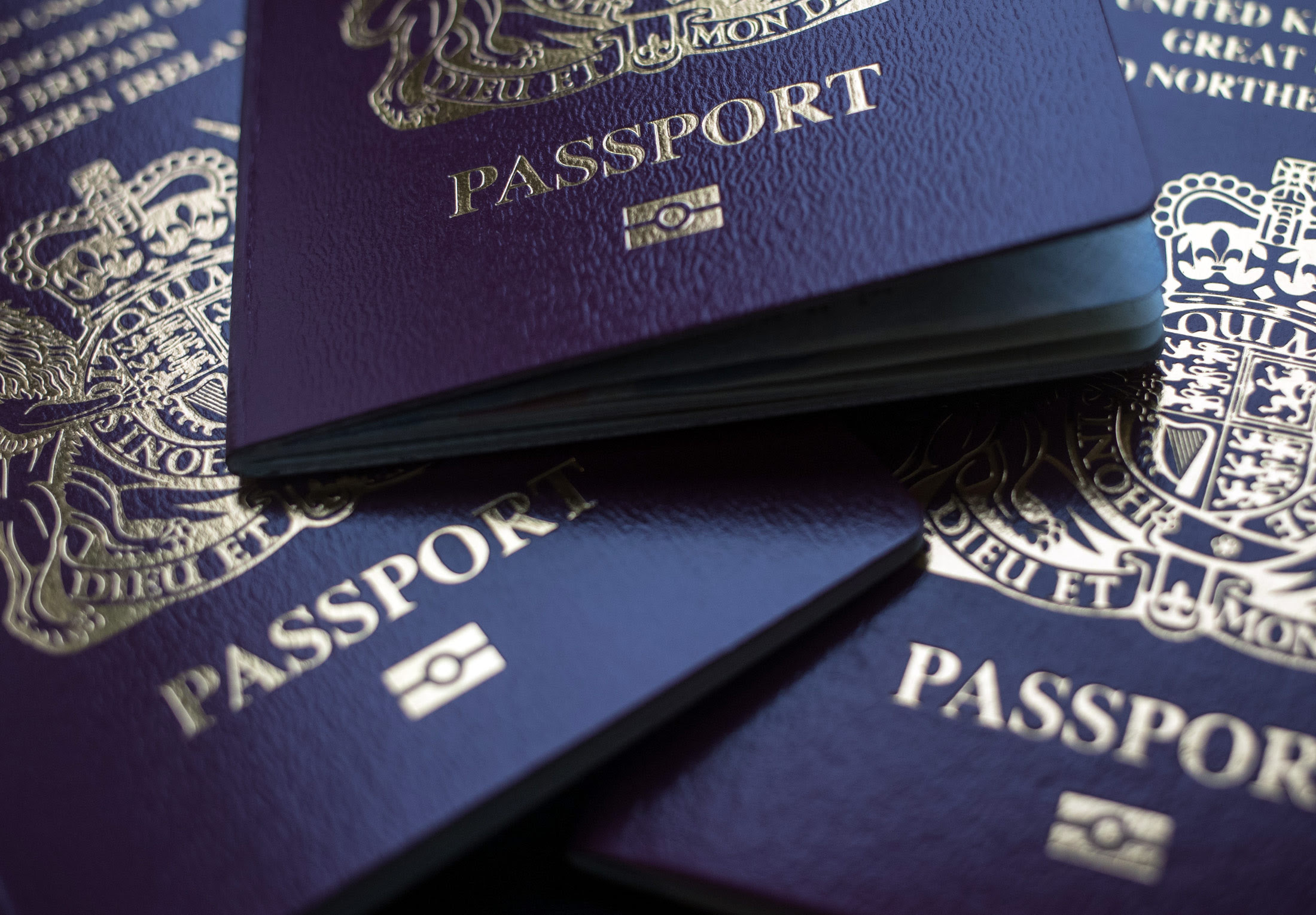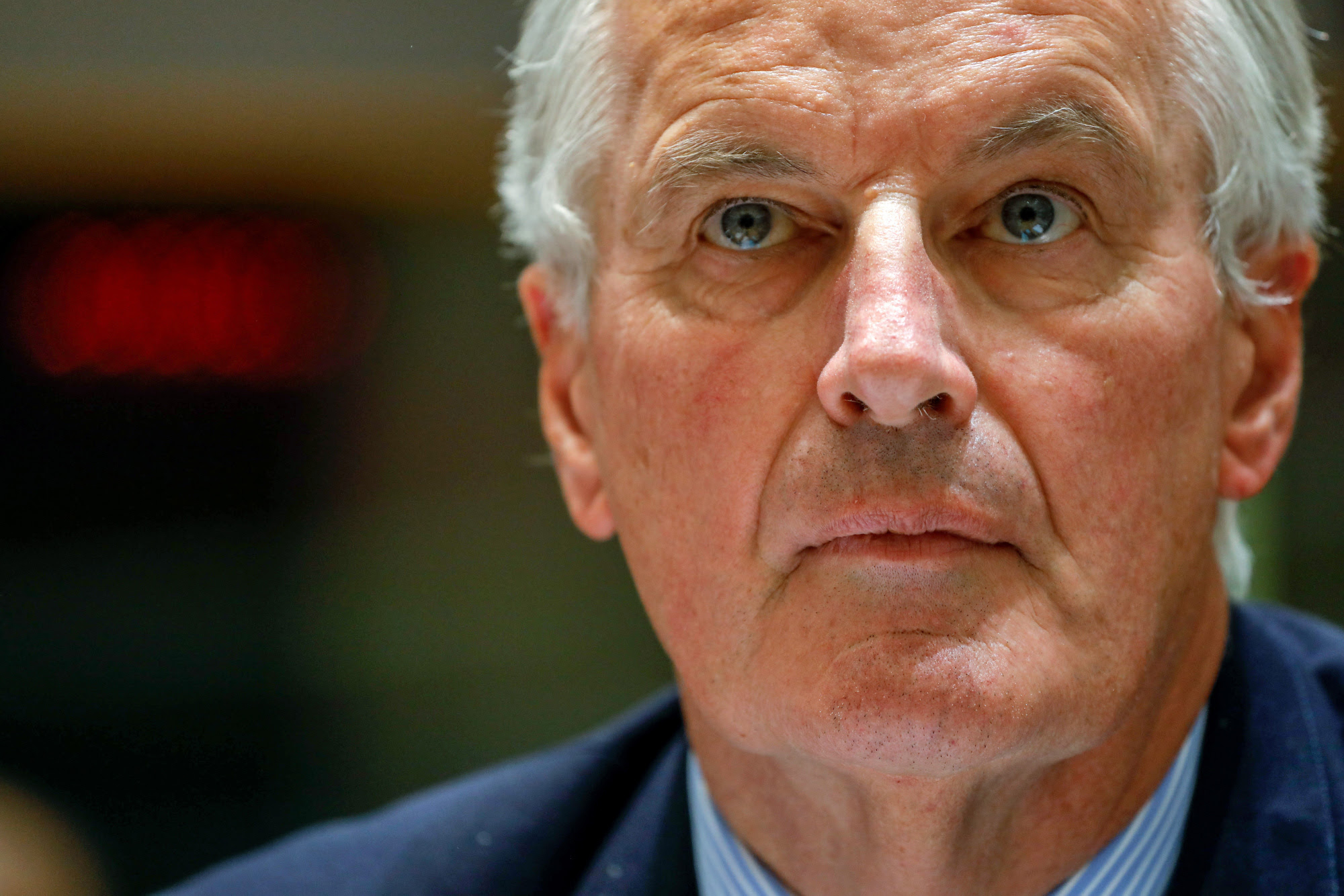Chaos warning
Theresa May is set to enjoy a victory in the House of Commons tonight, but she won’t be able to pop open the champagne.
Support from Northern Ireland’s Democratic Unionist Party and a lack of opposition within her Conservative Party mean the British prime minister will likely squeak to victory on a bill designed to allow her government to copy European Union law and enshrine it in the domestic statute. Once enshrined, the laws can be edited after Brexit in 2019.
The real challenge will be whether May can keep the draft free of amendments at the so-called committee stage it enters next.
The most contentious proposals are the so-called “Henry VIII powers,” which would allow ministers to make changes to existing laws, bypassing normal scrutiny by Parliament. The opposition Labour Party and other minor parties say that amounts to a “power grab” that they plan to contest. Some Conservatives have expressed disquiet as well.
Brexit Secretary David Davis warns that blocking the legislation would run the risk of a “chaotic” departure from the EU by the U.K., with negative implications for companies and financial markets.
But Keir Starmer, Labour’s spokesman on Brexit, wrote in the Sunday Times that the bill is “an affront to Parliament and the principle of taking back control.” Former Tory Chancellor Kenneth Clarke told Sky News that Parliament might want to write guarantees into the legislation.
After Monday’s vote ministers will seek to ensure that Conservatives dominate key parliamentary committees that scrutinize draft laws. Labour has called the move another attempt to concentrate power, saying it breaks from the convention that the panels reflect the makeup of Parliament.

What a Difference a Year Makes For the EU
Jean-Claude Juncker, president of the European Commission, will deliver the annual State of the Union speech on Wednesday in a more upbeat mood than a year ago, when the 28-nation bloc was buffeted by the U.K.’s decision to leave and anti-EU parties appeared to be on the march.
In a sign of the EU’s renewed confidence, Juncker will push for free-trade pacts with Australia and New Zealand at a time when the U.S. is turning inward, along with a bloc-wide system for screening foreign takeovers and deeper euro-area banking integration. To underline the range of EU projects being planned without Britain, he may not even refer to Brexit at all, according to two officials.
“There’s a big sigh of relief,” said Michael Tscherny, a former EU official who now advises companies on European policy at GPlus Europe in Brussels. “The populist tide appears to have been stemmed and Brexit doesn’t seem to be a big threat.”
EU Brexit negotiator Michel Barnier is meeting Scottish lawmakers on Monday.
Brexit Latest
The Squeeze | Reports this week are set to show pay in Britain continuing to lag price growth. Consumer-price inflation accelerated to 2.8 percent last month, a Bloomberg survey showed before Tuesday’s data. That’s below May’s four-year high but still far outpacing wage growth. Wednesday’s wage data are project to show little more than a 2 percent rise in July. The BBC reported the government is to start easing its seven-year cap on public sector pay.

Carbon Plan | The EU is preparing to make its emissions-trading system, the world’s largest, immune to a potential supply turmoil in the case the U.K. pulls out from the region’s carbon market as part of Brexit.
Nordic Shift | The head of European listings at Nasdaq says Brexit is driving more U.K. companies to its Nordic market. Nasdaq Nordic now expects up to 15 percent of its initial public offerings and listings in 2018 could be made by companies outside the region, including Britain.
By the Book | A new book describes how Brexit Secretary Davis was a key figure arguing that May should call the early election that backfired. Bloomberg’s Tim Ross and Tom McTague of Politico write in “Betting the House: The Inside Story of the 2017 Election” that Davis argued the June vote would give May’s government more time to finalize the U.K.’s withdrawal from the EU without the looming pressure of an election scheduled for 2020.
On the March | Demonstrators opposed to Britain’s departure from the EU took to London’s streets by the thousands on Saturday, seeking to add pressure on a government already under attack over its Brexit plan. Separately, labor unions gathered on Sunday knowing their power is on the rise after years in the wilderness and they have the chance to shape Britain’s path out of the EU.

Healthcare | South African companies that dominate the U.K.’s growing private hospital industry are hoping that more referrals from the public sector National Health Service will allow them the scope to look past the Brexit turmoil.
Customs Trouble | Imposing customs declarations at the U.K. border after Brexit would affect 180,000 British traders and could cost them over £4 billion a year, according to the Institute for Government. Len McCluskey, the leader of Unite, warned the country “cannot afford a Tory Brexit.”
Clearing Up | The U.K. has gained potential allies in its bid to hold on to the business of clearing euro-denominated derivatives after Brexit. Sweden said forcing the biggest foreign derivatives-clearing firms to set up shop in the bloc could prove excessive, according to a Sept. 4 document. Spain and Ireland also issued warnings over costs and timescales.
Blair Returns | Former Prime Minister Tony Blair, still backing a bid to reverse Brexit, proposed making EU migrants register before they can work or claim welfare in the U.K. Separately, former Chancellor Alistair Darling said Britain faces another decade of weak growth and political turmoil unless politicians show leadership on Brexit.
U.K. Plc Unfazed | Britain’s five main business associations said they are not concerned to be missing out on the government’s next rendezvous with company representatives on Friday. But a poll of 1,000 businesses by London First found two-thirds say they need to know the details of any transition plan by June 2018 to allow proper planning, according to the Financial Times.
Bloomberg View | May should ensure that every new government measure aims to mitigate the damage that Brexit will do to investment, confidence and opportunity, writes Therese Raphael. Instead, she says, the government is rounding up the Brexit scapegoats.
And Finally…
The post-Brexit crop of British passports may not actually be made in Britain.
The Sunday Times reported that French and German companies have been shortlisted for the £490 million ($646 million) contract alongside the U.K.’s De La Rue. A decision is due by December.
Two Tory lawmakers—Andrew Bridgen and Andrew Rosindell—told the newspaper that the new passport should be produced in the U.K.



Comentarios
Publicar un comentario